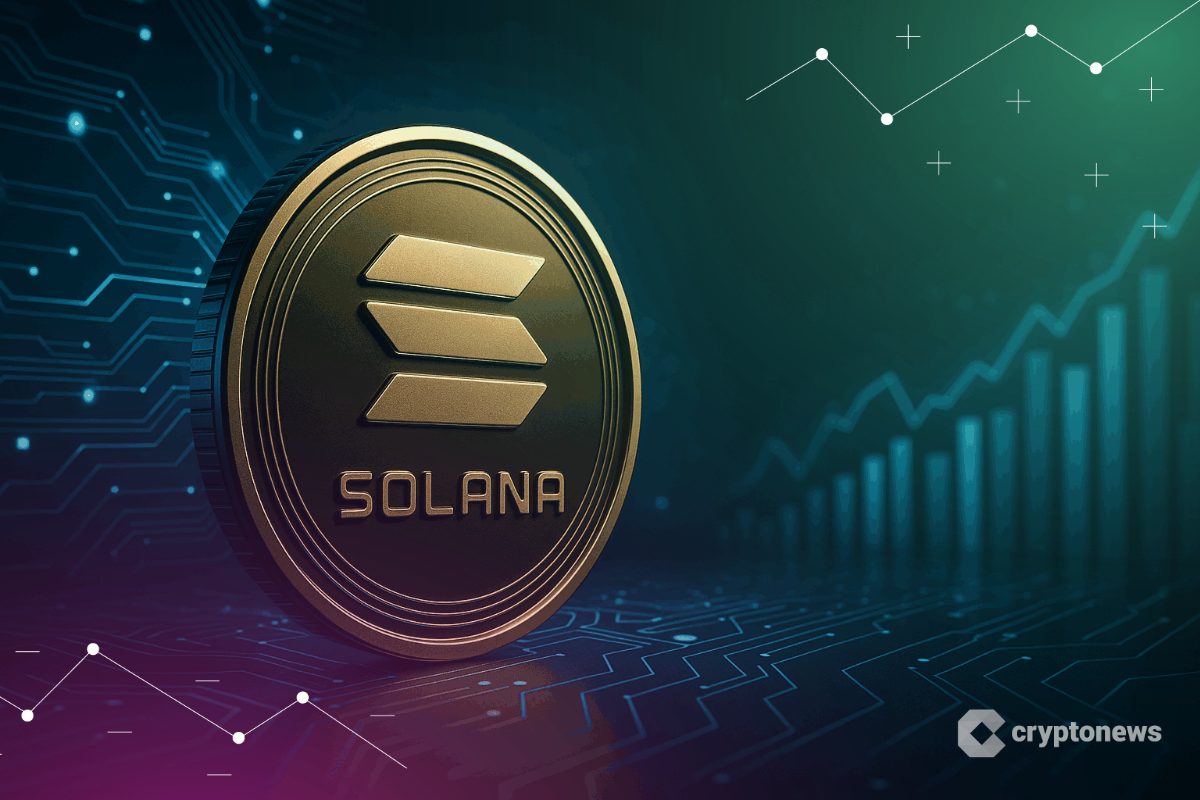Visa taps Yellow Card to accelerate stablecoin adoption in Africa
As FX pressure grips African economies, Visa is building new pipes for digital dollar flow, shifting away from traditional rails with stablecoin infrastructure aimed at speed, resilience, and access.
Bloomberg recently reported that credit card giant Visa has partnered with Yellow Card Financial to integrate stablecoin settlements across 20 African markets, beginning with a pilot in one undisclosed country later this year.
The collaboration combines Visa Direct’s existing network with Yellow Card’s licenses across Africa and parts of the broader CEMEA region to enable near-instant, low-cost stablecoin transactions, a critical need in markets where local currency volatility and dollar shortages have crippled cross-border commerce.
The move builds on Visa’s existing stablecoin infrastructure, which has already processed over $225 million in USDC settlements since 2023.
Stablecoins fill the gaps traditional rails can’t reach
Visa and Yellow Card’s partnership represents a shared ambition to modernize cross-border payments in markets long underserved by traditional infrastructure.
The collaboration targets two pain points simultaneously. For corporations, Visa’s stablecoin settlement solution offers 365-day liquidity management, which can bolster markets where banks often take three business days to process dollar transfers. For consumers, Yellow Card’s integration with Visa Direct could enable sub-$1 remittances across borders where traditional providers charge up to 8% in fees.
“We’re building a bridge between traditional finance and the future of money movement,” Yellow Card CEO Chris Maurice stated in a press release, though conspicuously avoided specifying which economies have greenlit the initiative.
Yellow Card’s existing infrastructure gives Visa immediate access to a mature crypto corridor. The fintech, which bills itself as the licensed stablecoin payments orchestrator for Africa and the emerging world, has processed over $6 billion in transactions since 2019, primarily through USDT and USDC.
Now, Visa can leverage those flows while layering on compliance checks, gaining a strategic edge over Circle’s competing Onafriq partnership, which launched USDC rails across 40 African countries last April.
You May Also Like

Ai&Meme Daily, a picture to understand the popular Ai&Memes in the past 24 hours (2025.6.20)

Sol Strategies Files for Nasdaq Listing as SOL Holdings Exceed 420,000
